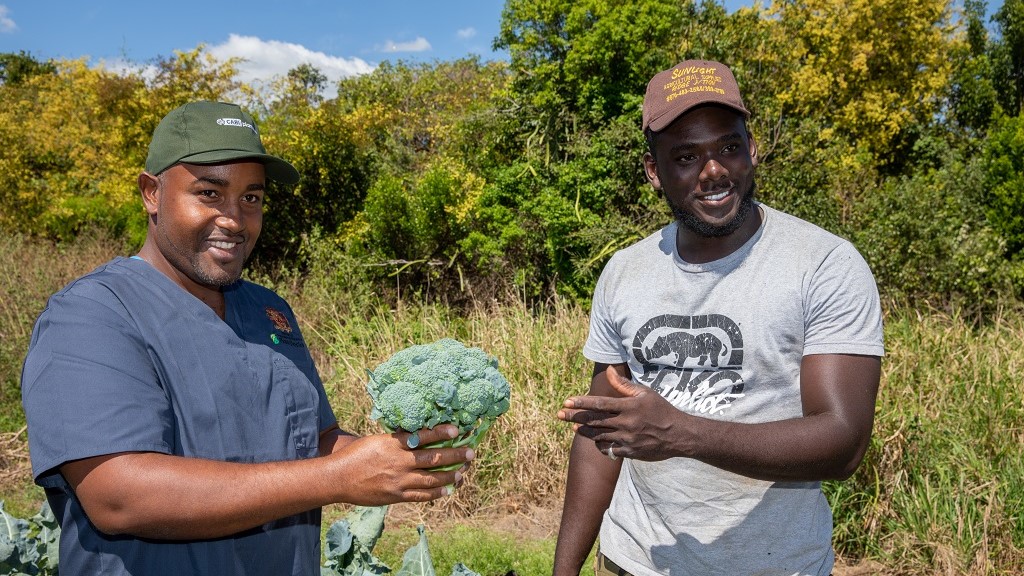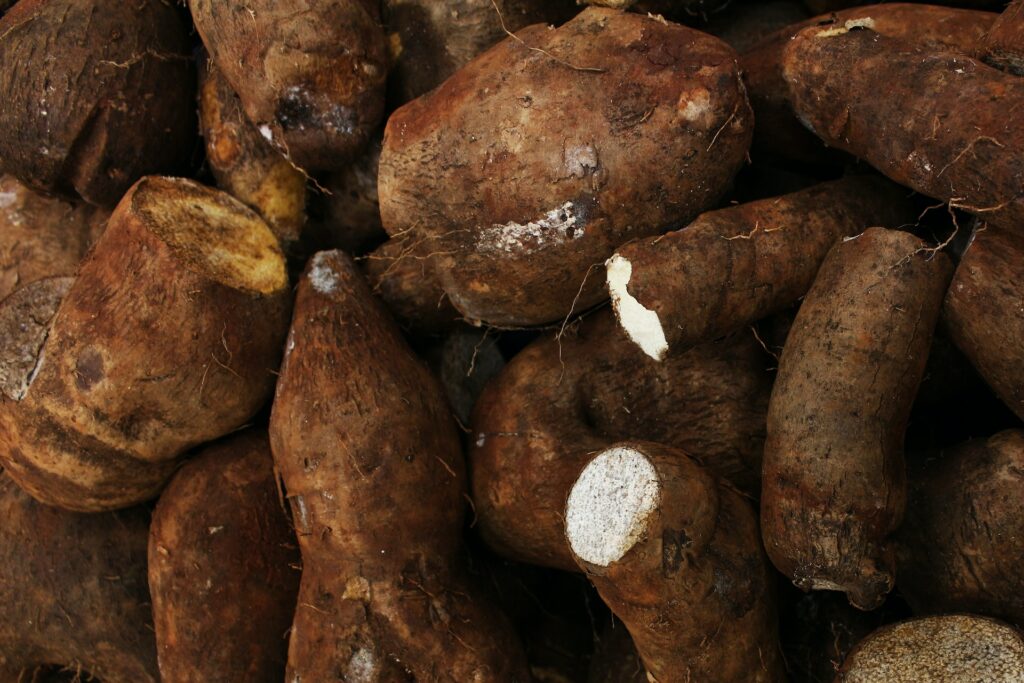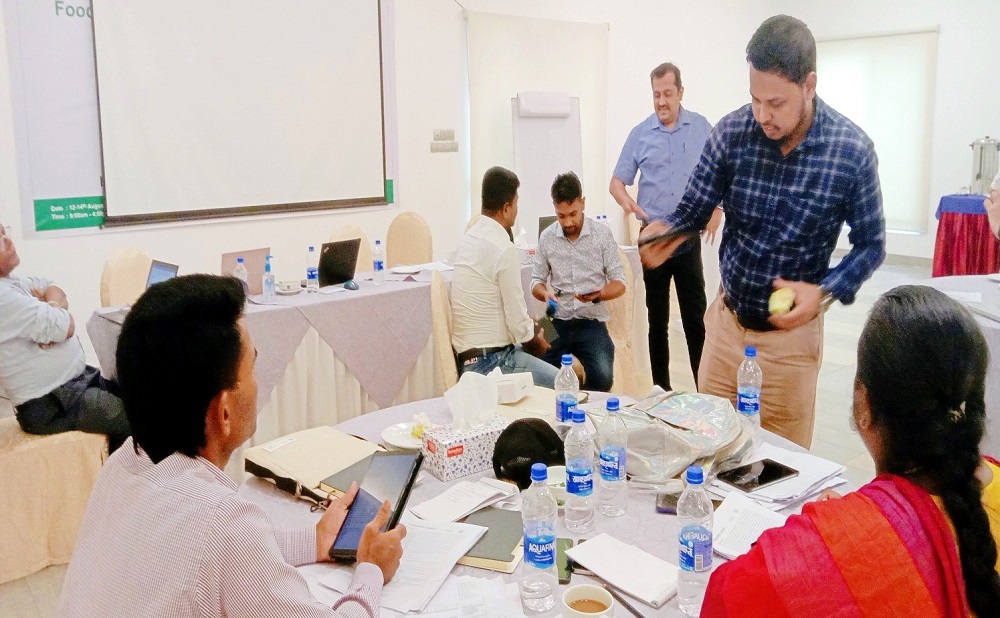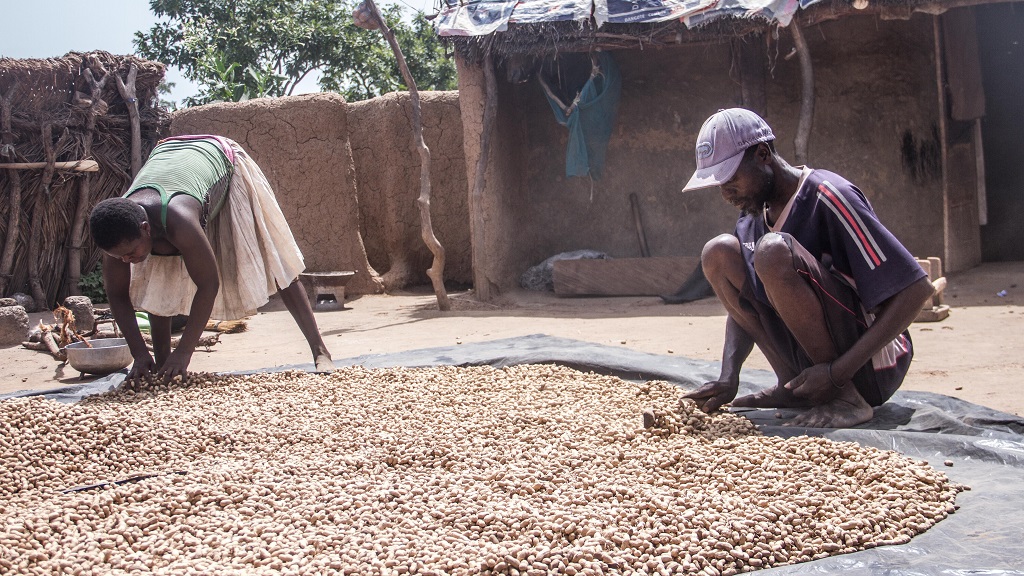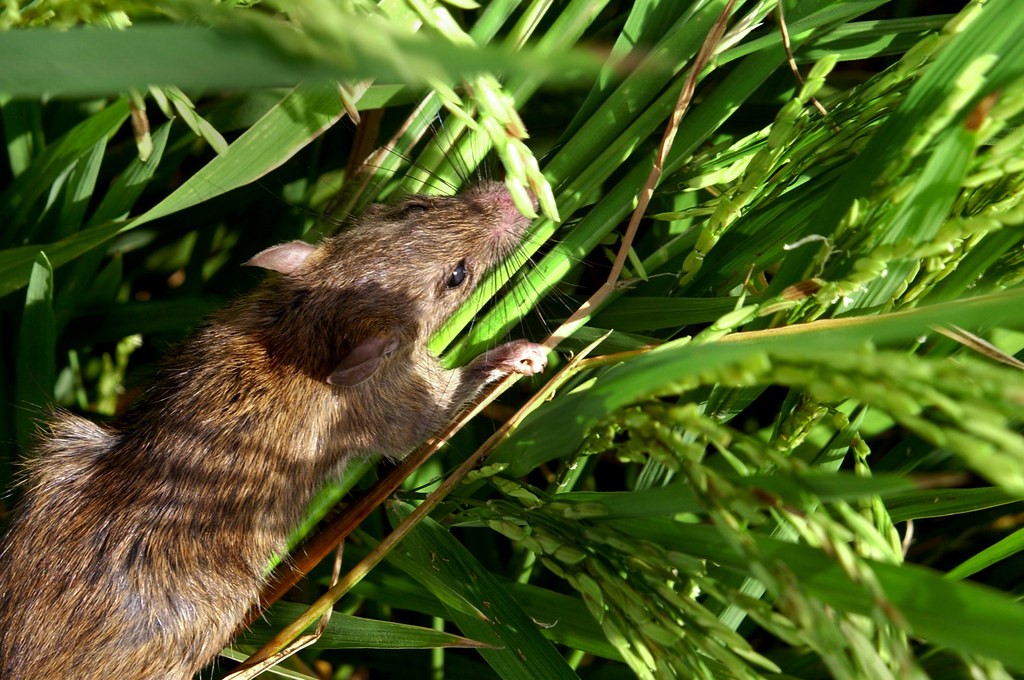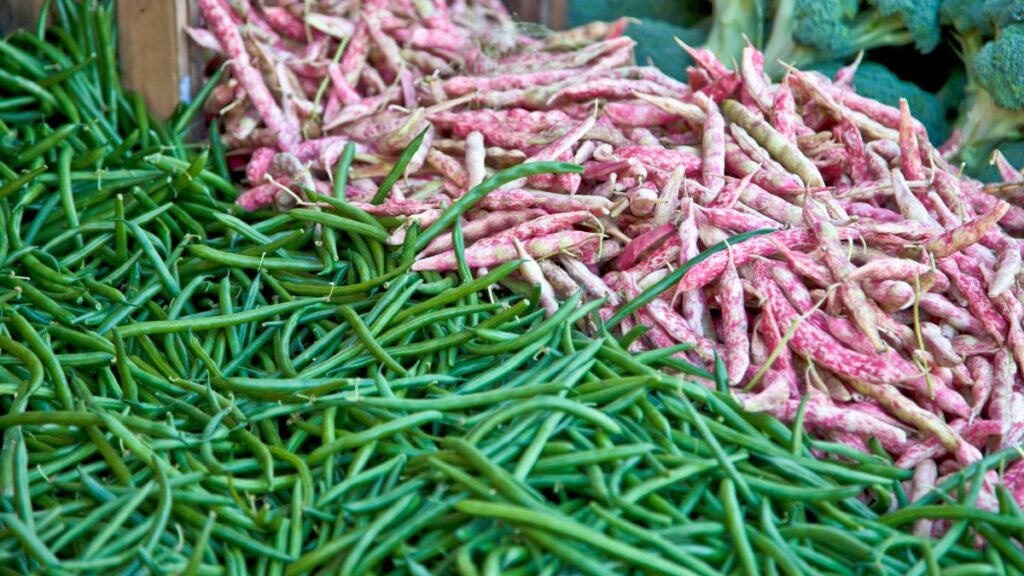CABI shares important new evidence on the legacy of Plantwise
CABI has published a working paper assessing the legacy of Plantwise programmes in six countries: Nepal, Pakistan, Ghana, Kenya, Malawi, and Jamaica. The paper, entitled Plantwise Sustainability: Two Years on, finds that the sustainability of a Plantwise programme hinges heavily on the country in question. This means that while it is difficult to engineer or…
How climate smart agriculture can lead to ‘triple wins’ for farmers threatened by climate change
Global food consumption is predicted to increase by 51% by 2050. This is a profound challenge for our agrifood systems, which will only be made harder by the increased pressures of climate change on food security. In addition, agriculture is not just impacted by climate change; it is also a significant source of the greenhouse…
Mealy Plum Aphid: An Overview
The mealy plum aphid, or reed aphid, is a sap-sucking plant pest that is commercially important for fruit tree farmers. It is present across the globe and can cause significant damage in large numbers. Introduction Aphids are small, soft-bodied, sap-sucking bugs in the family Aphididae which cause extensive damage to plants when in large numbers.…
Pests and diseases: cocoyam production in Ghana
Cocoyam species are a staple crop in Ghana that hold significant importance for food security, particularly in times of famine and natural disasters. Despite being known for their hardy nature, cocoyams are vulnerable to a range of pests and diseases which can threaten their production. Cocoyam production also faces additional challenges which affect crop yields…
Control of scale insects in fruit trees
Scale insects are a diverse group of small, sap-sucking insects with flat or domed shells. Their lack of mobility and protective shell make them difficult to manage. This explains why many scale species are commercial agricultural pests. Scales pierce plant tissue with their mouthparts to feed on the sap weakening the plant. Any excess fluid…
How does better food processing support food security?
How can better food systems protect food security? We talk to CABI’s food safety scientist, Sydney Phiri, in a Q&A Scientist Sydney Phiri joined CABI in 2022 to focus on sanitary and phytosanitary (SPS) issues and food safety. He has a well-established career and has worked on a range of food safety and hygiene issues,…
Integrated rodent management: rice production
Rodents are a particularly challenging pest in the rice production industry as they are a problem all the way from sowing to harvest. The rice field rat (Rattus argentiventer) causes average losses of 10-20% in rice growing areas. Ranking as the most important non-weed pest in Indonesia for 15 years up until 2000. Integrated Pest…
Taro caterpillar outbreak in central India
The Taro caterpillar (Spodoptera litura), is a pest of many crops across Asia and Oceania. This species is generally well-controlled by natural enemies. Therefore, outbreaks in India’s Madhya Pradesh over the past two years are particularly notable.

